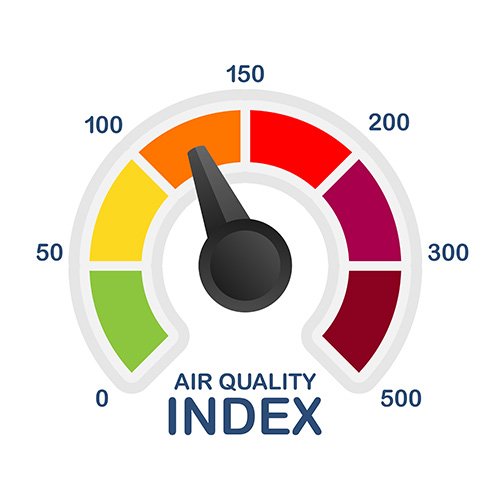At Intermountain Healthcare, we know we play an essential role in improving air quality. In 2020, 8,500 of our caregivers transitioned to remote work since March in response to COVID-19. As a result, caregivers have driven 18,200,000 fewer miles and spent 975,000 fewer hours in their cars. This shift has reduced emissions equivalent to 36 railcars of coal burned.
Producing electricity can pollute our air. We are investing in resources to reduce our power utilization to limit air pollution. In 2018, we partnered with Rocky Mountain Power and its
Wattsmart Business Program to swap out all fluorescent lighting with LED lighting in all our hospitals in 2018 while making additional adjustments to reduce our energy consumption.
Intermountain Healthcare and Rocky Mountain Power's Wattsmart Business Program
In the near future, we will be encouraging our caregivers to monitor their local air quality and work from home, where possible, on days with poor air quality. We are working to transition our fleet of vehicles from gas to hybrid, to reduce our vehicles' idling times, and to find more opportunities for our caregivers to work remotely to reduce the source of tailpipe emissions.

The Air Quality Index (AQI) is a national system used to measure and report air quality. Managed by the U.S. Environmental Protection Agency, the AQI looks for five major air pollutants regulated by the Clean Air Act: particle pollution, ground-level ozone, carbon monoxide, nitrogen dioxide, and sulfur dioxide. The EPA takes daily readings of these pollutants and interprets it into a specific number ranging from zero to 500 and a specific color. On days where the AQI level is 51 (yellow) or higher, you should be taking steps to limit your exposure. Here are some safety tips you can follow to stay healthy: LEARN MORE